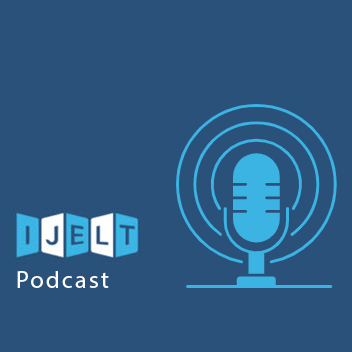Reference
Hübner, C. (2023). The Assessment of Different Types of Student Work Experience
for Vocational Orientation from the Perspective of Students with Learning
Disabilities. International Journal of Educational and Life Transitions, 2(1): 7, pp. 1–15.
DOI: https://doi.org/10.5334/ijelt.37
Podcast
You can listen to Dr Hübner’s overview of the study and article here.
Transcript of the Podcast
My name is Carina Hübner and the title of my study is The Assessment of Different Types of Student Work Experience for Vocational Orientation from the Perspective of Students with Learning Disabilities.
For students with learning disabilities the transition from school to vocational education is associated with special challenges in Germany. Due to their impairment in various developmental areas, the prerequisites for subsequent vocational training are often not in place.
In order to give all young people, the same chance to deal with their professional future at an early stage, career guidance programmes have been revised in all federal states in Germany over the last ten years. There are also programmes for students with special educational needs. For example, a distinction is made between three one-day insight days, two- to three-week internships and longer-term work placements.
But it remains unclear which of the three options are particularly useful from the students’ perspective for their vocational orientation. And it is unclear which persons advise them in their search.
So the aim of the explorative study is to provide information for the first time about which offers of work experience opportunities are used by students at special schools; how they evaluate the offers at the end of their schooling; and to what extent they use support in their search.
Students were surveyed at the end of Grade 10 and one year after leaving school.
The results suggest that students value a variety of practical work experiences and reveal who supported students in their search for work experience positions. In this respect, the findings provide information about how best to accompany students with special needs in school-based vocational orientation.
Abstract in German
In den letzten Jahren wurden in allen Bundesländern die Programme zur Berufsorientierung überarbeitet. Für Schüler:innen sind vor allem die Betriebspraktika von Bedeutung, um die berufliche Orientierung frühzeitig zu fördern. Zu den Praxiselementen in NRW gehören u.a. die Berufsfelderkundung, die Betriebspraktika und das Langzeitpraktikum für friktionsgefährdete Schüler:innen. Unklar ist allerdings, welche Bedeutung die unterschiedlichen Praxiselemente für die Schüler:innen haben und wer sie bei der Suche nach einem Praktikumsplatz unterstützt.
Insofern wurden in einer quantitativ-empirischen Studie Schüler:innen im sonderpädagogischen Schwerpunkt LERNEN an Förderschulen in NRW am Ende der Klasse 10 (nt1 = 201) und ein Jahr nach Schulabschluss (nt2 = 80) befragt.
Die Befunde des ersten Messzeitpunktes deuten darauf hin, dass die Schüler:innen vor allem eine Vielzahl von praktischen Arbeitserfahrungen schätzen. Unter der Voraussetzung, dass alle Praktikumsangebote wahrgenommen werden, führen die Ergebnisse für das Langzeit- und das Betriebspraktikum zu signifikanten Unterschieden zwischen den Geschlechtern. Darüber hinaus geben sie Aufschluss darüber, wer die Schüler:innen bei der Suche nach Praktikumsplätzen unterstützt hat.
Insofern liefert die Studie erste Erkenntnisse drüber, welche Praktika von den Schüler:innen im sonderpädagogischen Schwerpunkt LERNEN absolviert und präferiert worden sind und welche Möglichkeiten der Unterstützung sie bei der Rekrutierung der Praktikumsplätze in Anspruch genommen haben.
